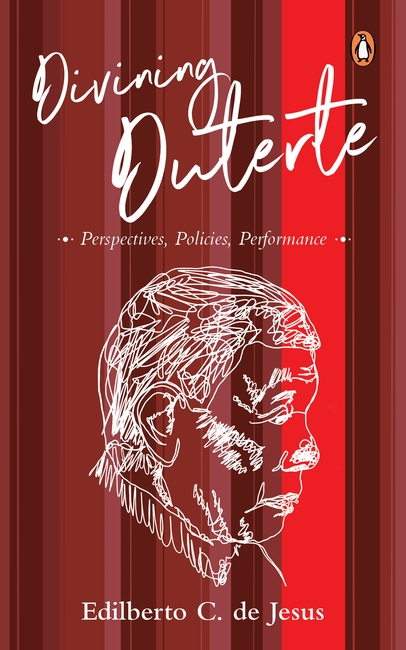
First published as opinion pieces, the essays in Divining Duterte provide contemporaneous commentaries on the context, course and consequences of the policies Philippine President Rodrigo Duterte pursued after his 2016 election.
Duterte became the first president in seventy years to come from Mindanao and the first to vault from a city mayor’s office to Malacañang Palace. Exploiting the potential of social media, Duterte was an Asian example of the elected “populist strongman,” like Brazil’s Bolsonaro, Hungary’s Orbal, and Russia’s Putin. His policies challenged the commitment to established political values assumed unassailable: human rights and the rule of law; separation of powers; and the preference to ally with the United States and other nations that shared its democratic liberal values rather than with authoritarian regimes. Despite these policies and problems coping with the pandemic, public opinion polls rewarded him with high approval ratings.
Restricted to a single presidential term, he will inevitably exert an influence on the 2022 elections. Duterte’s 2016 underdog victory rewrote the rules for presidential politics. In reviewing the path he took to bring the country towards 2022, Divining Duterte explores his success in overturning Philippine political values
Published: Oct/2021
ISBN: 9789814954747
Length: 334 Pages